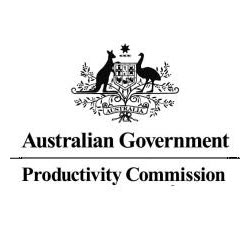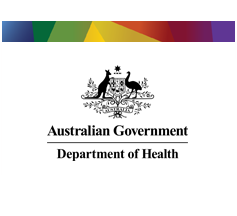This section focuses on government funded care and support services for older people and their carers, which are provided at home, in the community and in residential care facilities.
Total government expenditure reported on aged care services in 2018-19 was $20.1 billion. This comprised expenditure of $13.2 billion on residential care services, $5.9 billion on home care and support services and $1.0 billion on other services, such as flexible care and assessments.
As at June 2019, there were 213,397 operational places (excluding flexible places) in residential care services, and 106,707 recipients of Home Care Packages Level 1–4.
During 2018-19, there were 85,915 older clients receiving Home Care Packages Level 1 2, 66,775 older clients receiving Home Care Packages Level 3 4 and 826,335 older clients of the Commonwealth Home Support Program.
There were also 236,213 older clients who received permanent care and 64,117 who received respite care in a residential aged care facility during that period.
Read more:
Report on Government Services 2020 – Aged Care Services (PART F, SECTION 14) (.pdf)





